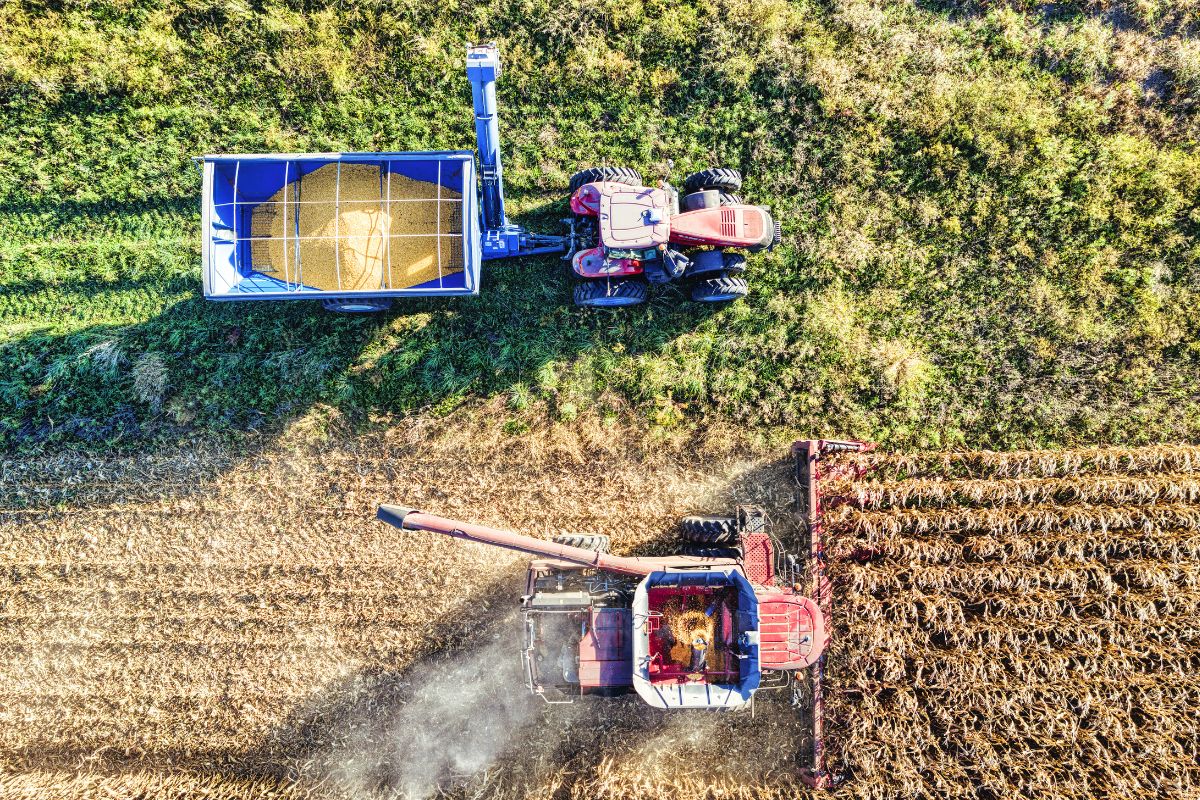The Union Cabinet, presided over by Prime Minister Narendra Modi, has approved the merger of all centrally sponsored schemes (CSS) for agriculture into two umbrella schemes: Pradhan Mantri Rashtriya Krishi Vikas Yojana (PM-RKVY) and Krishonnati Yojana (KY). This is a significant step toward streamlining agricultural initiatives. The decision, made on October 3, 2024, aims to avoid duplication, ensure convergence, and enhance the effectiveness of agricultural schemes.
The Department of Agriculture and Farmers Welfare (DA&FW) put forward the rationalization proposal. The combined schemes will be implemented with a proposed expenditure of ₹1,01,321.61 crore. Out of this, ₹57,074.72 crore is for PM-RKVY and ₹44,246.89 crore for KY. The restructured schemes address sustainable agriculture, food security, climate resilience, and agricultural value chain development.
PM-RKVY will promote sustainable agricultural practices and include soil health management, rainfed area development, agroforestry, and crop diversification. KY will focus on food security and agricultural self-sufficiency through agricultural mechanization, crop residue management, and financial support for agri-startups. Both schemes will be implemented in mission mode, ensuring edible oil production and organic farming get the necessary push.
According to a government statement, the scheme’s reorganization allows for flexible implementation. Under PM-RKVY, state governments can reallocate funds based on specific agricultural needs. This flexibility enables states to prepare comprehensive strategic plans for the agriculture sector, addressing productivity and emerging challenges like climate-resilient farming.
Technology is central to executing PM-RKVY and KY. Each program will use modern agricultural technologies to improve efficiency and ensure agriculture sector’s holistic development.
“This rationalization exercise ensures the continuation of all existing schemes and provides states with the flexibility to address their unique agricultural challenges,” said a government statement. The new structure is designed to tackle emerging issues like nutrition security, climate resilience, and private sector participation in agriculture.
Alongside restructuring agricultural schemes, the Union Cabinet approved the National Mission for Edible Oils-Oilseeds. With a ₹10,103 crore budget, the mission aims to increase domestic oilseed production over the next seven years. By 2030-31, it seeks to boost primary oilseed production from 39 million tonnes (2022-23) to 69.7 million tonnes, enhancing India’s self-reliance in edible oils.
The mission will focus on key crops like rapeseed-mustard, groundnut, soybean, sunflower, and sesamum. It will also explore secondary sources of edible oils, such as cottonseed, rice bran, and tree-borne oils, to increase extraction efficiency and reduce import dependency.
Support us to keep independent environmental journalism alive in India.
Keep Reading
Part 1: Cloudburst in Ganderbal’s Padabal village & unfulfilled promises
India braces for intense 2024 monsoon amid recent deadly weather trends
Follow Ground Report on X, Instagram and Facebook for environmental and underreported stories from the margins. Give us feedback on our email id greport2018@gmail.com.
Don’t forget to Subscribe to our weekly newsletter, Join our community on WhatsApp, and Follow our YouTube Channel for video stories.







